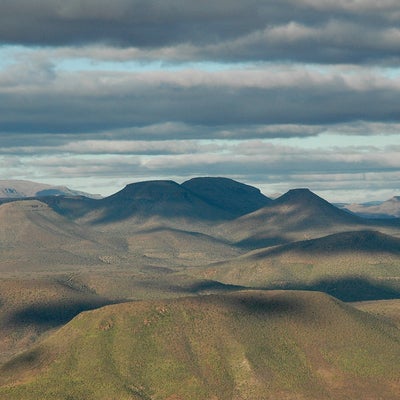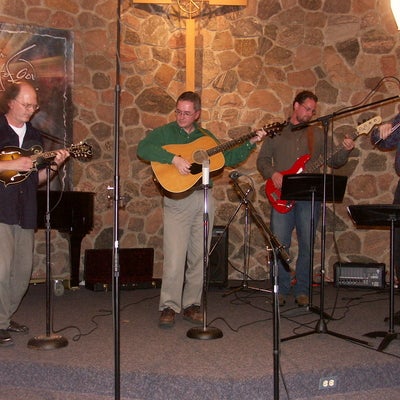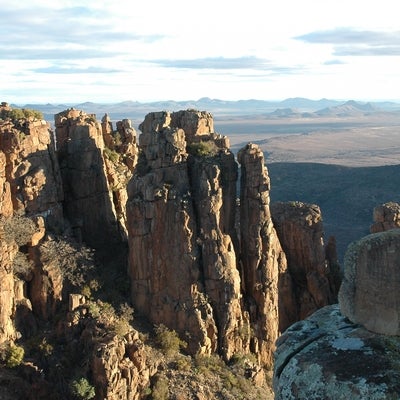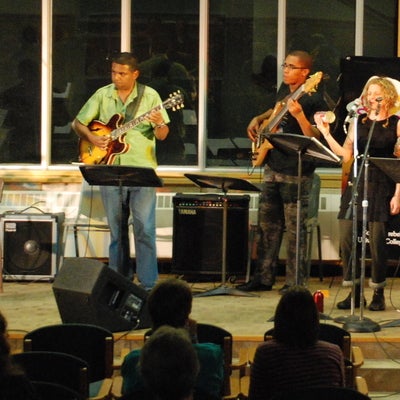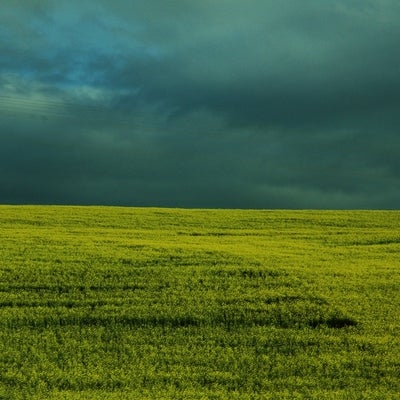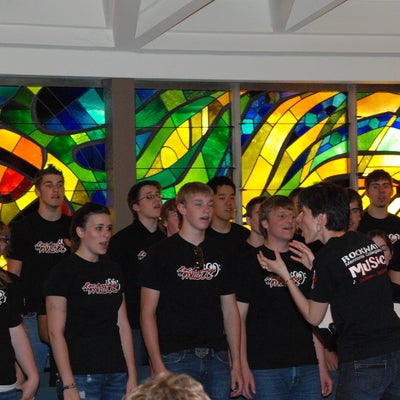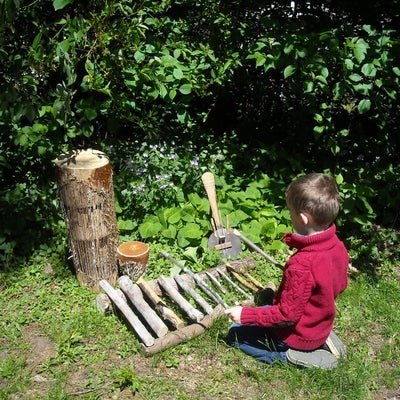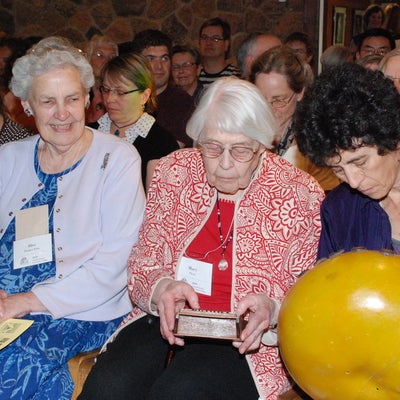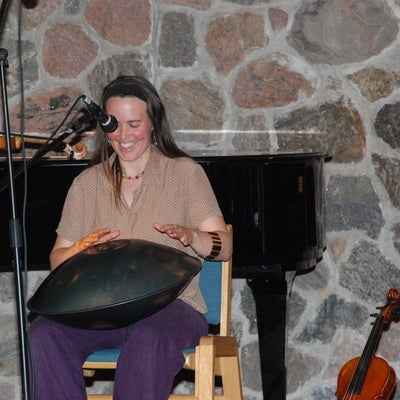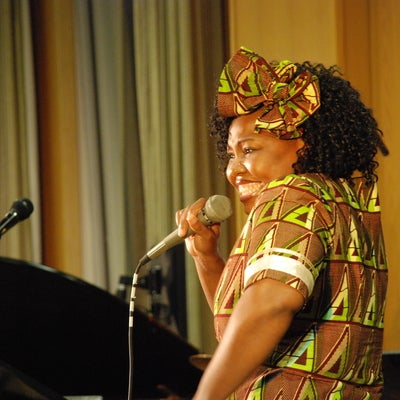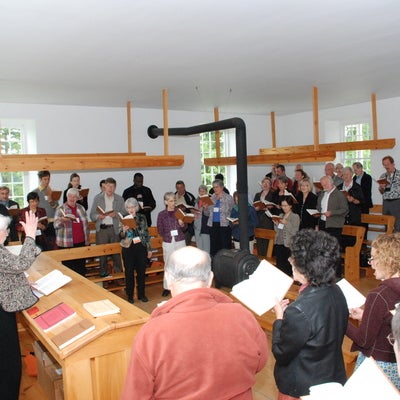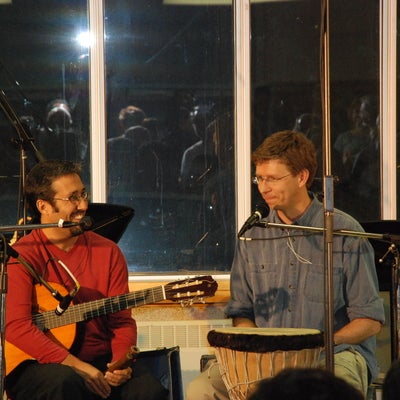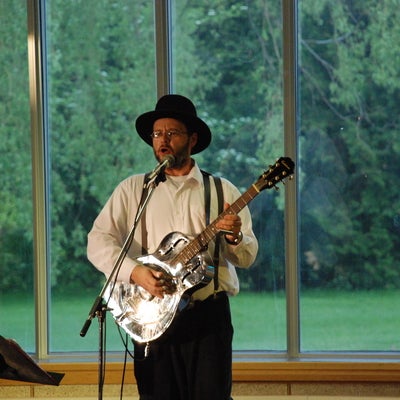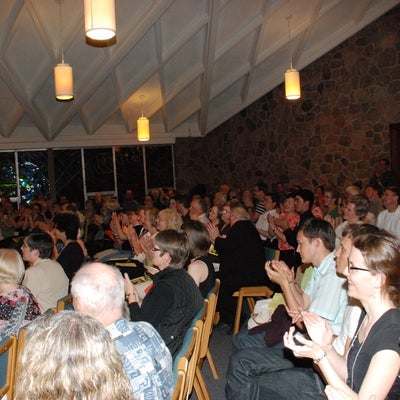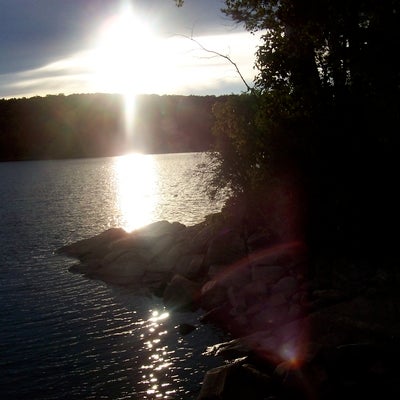
Music and the Environment:discovering Mennonite perspectives
A festival/conference of Mennonites and music.
June 5 - 8, 2014 at Conrad Grebel University College, University of Waterloo, Canada.
About the festival/conference
Sound in the Land 2014 explored music and the environment while discovering new Mennonite perspectives. As a sequel to the highly successful Sound in the Lands 2009 (which explored Mennonite music across borders and boundaries), and Sound in the Land 2004 (which dealt with Mennonite musical diversities), Sound in the Land 2014 was both a festival with multiple concerts, performances and workshops featuring many musical styles, and an academic conference with papers and presentations exploring the new field of “ecomusicology” (music and the environment) from various perspectives, locally and globally. R. Murray Schafer, well-known Canadian composer/founder of World Forum for Acoustic Ecology, and Gus Mills, foremost South African environmentalist/researcher were keynote speakers. Sound in the Land 2014 was endorsed by the World Forum for Acoustic Ecology. Read More. Internationally renowned Korean media artist Cecilia Kim presented her multi-media piece, Earth Songs, and various ecomusicology presenters attended from Germany, USA, Canada, and elsewhere.
Press Release
Sound in the Land 2014 – Music and the Environment – is a Festival/Conference of Mennonites and music scheduled for June 5 – 8, 2014 at Conrad Grebel/University of Waterloo. This event will seek to explore and discover new ways of hearing the earth, listening to the environment, and creating musical and scholarly responses to what we hear.
The third in a series of previous, highly successful events (Sound in the Lands 2009 which explored Mennonite music across borders and boundaries and Sound in the Land 2004 which dealt with Mennonite musical diversities), Sound in the Land 2014 is both a festival with multiple concerts, performances, workshops, and an academic conference with papers and presentations which explore ecological understandings of music and sound – Mennonite and beyond, local and global, musicians, environmentalists, scientists, historians, cultural studies theorists, writers and poets! In thinking ecologically about sound we seek to place Mennonite and Canadian experience in conversation with seminal new thinking about sound, place, and the environment, both as “ecomusicology” and “sound studies.” Both of these lines of thinking can be traced to Canadian composer R. Murray Schafer, founder of the World Forum for Acoustic Ecology, who has consented to be a keynote speaker for Sound in the Land. Additionally, keynote speaker Gus Mills, foremost South African environmentalist/researcher, will present and discuss natural sounds from the Kalahari Desert. Also, we will feature new compositions, soundscapes, and a multi-media performance by Cecilia Kim and a troupe of Korean artists. During this festival we will explore new ways to engage in musical composition, soundscapes, acoustic and sonic design as well as musical research and criticism.
Then, add to that the rich repertoire of songs and hymns we sing about the earth, its inhabitants and ecosystems, and about the infinities of the universe and all of creation—and the acoustic and social ecosystems in which all our music-making takes place. We may indeed be opening up more than we can imagine!
Although we will draw upon the diversity of Mennonite musical, cultural and spiritual roots, celebrating and critically exploring Mennonites’ close relationship to the land, we wish to explore a wide range of concepts and ideas from which to form new insights. By welcoming input from an extensive array of contributors, we hope to create space for vibrant dialogue which can allow for unique directions to emerge as Mennonites embrace ecological ways to make and think about music.
And as we listen to each other we may begin to listen to the earth differently, finding new ways to create musical and scholarly responses to the planet in this stressed time of climate change, overwhelming human population, soil and water contamination, and shrinking natural habitats with many species at risk or endangered.
Within the festival components – concerts, workshops, and forums – Sound in Land 2014 will feature music by Mennonite-related composers, sonic artists, songwriters and musicians in various genres, styles, textures and technologies. All the music – whether classical, soundscape/sonic construction, multimedia, jazz, vernacular, folk, popular, alternative or world music genres – will have a unique focus on the environment. As always, we wish to expand musical horizons and borders, integrating new sonic constructions and compositions with global, cross-cultural and new fusion of music, while still retaining some of our most durable Mennonite traditions. As voices converge we may find vibrant exchanges which help redefine “Mennonite music” in ecological terms. Again, we will sing together a cappella in four-part harmony, which has ever sustained us and is, after all, one of the most environmentally sustainable musical activities possible!
And within the conference sessions, while we encourage presenters to bring their work into musical, sonic, and environmental contexts, we understand that few presenters will necessarily bring all themes together. Thus, we look forward to and invite dialogue among presenters formally and informally within workshops, forums, and co-presentations by persons from different disciplines. We also welcome Mennonite-related creative writers, allowing for their collaborative work with musicians and sonic artists.
As with the previous 2009 Sound in the Lands, we again welcome presenters from a wide variety of cultures and traditions, thus allowing this conference to be as international and cross-cultural as possible. In so doing, we hope to increase our understandings of how music relates to a wider global environment which surrounds various Mennonite contexts. When Al Gore, in his recent book The Future, suggests we are part of a “global civilization,” we are reminded that we are already part of the earth’s ecology, and that our music is part of a wider global sound. Sound in the Land may provide new ways for us to learn about the music of our environment, and about our various roles within this exciting musical stream.
